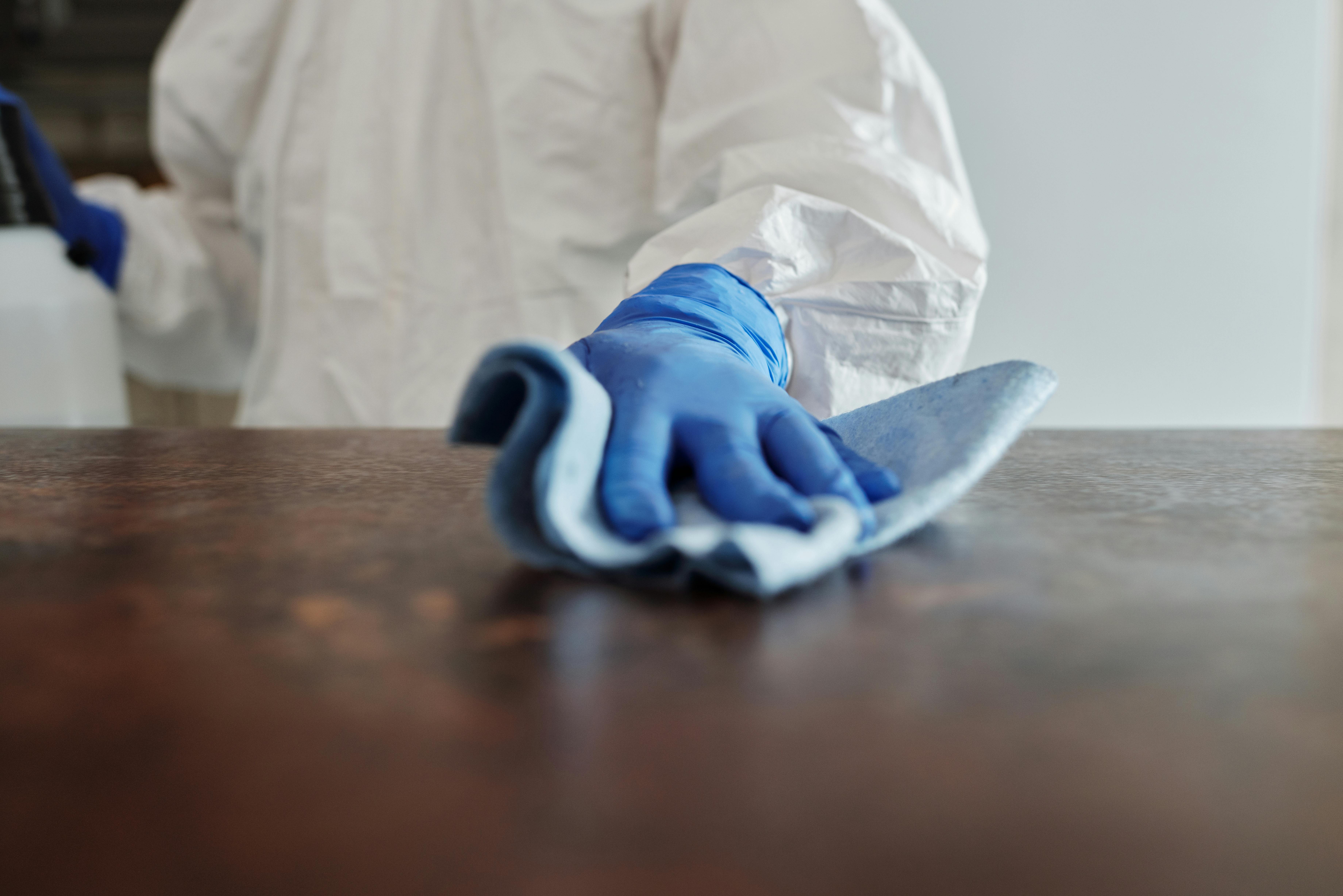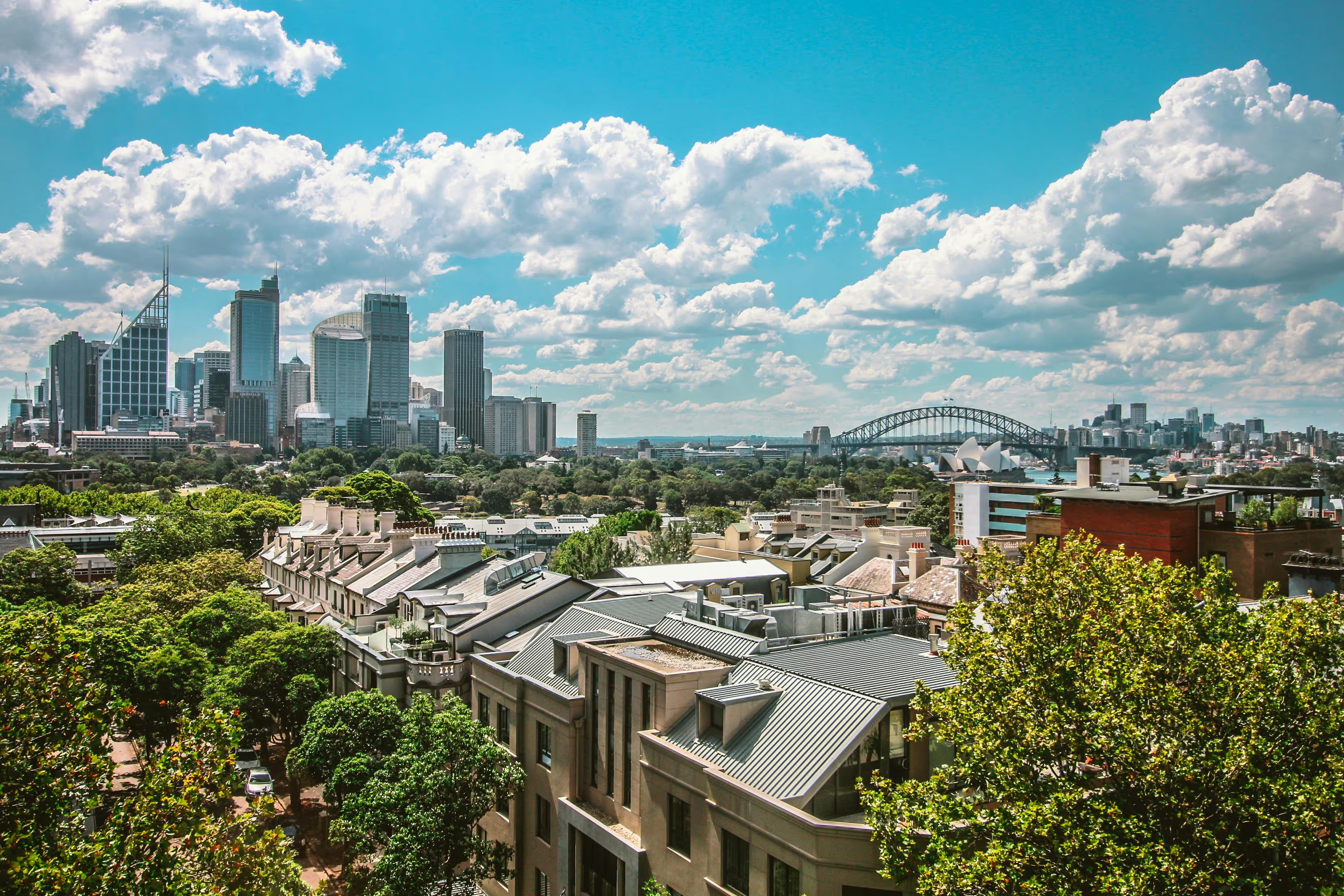Ready to turn insight into action?
We help organisations transform ideas into measurable results with strategies that work in the real world. Let’s talk about how we can solve your most complex supply chain challenges.

Property-Based Businesses – Procurement for Cleaning Services
Walk into any shopping centre before opening hours, and you’ll likely see cleaners moving through the space at pace – vacuuming walkways, polishing tiles, and preparing food court seating areas. The same scene plays out across office towers, stadiums, universities, and hospitals. For property-based businesses, cleaning isn’t just a hygiene factor. It’s central to customer experience, regulatory compliance, and brand reputation.
Yet cleaning services often represent one of the largest categories of indirect spend. Despite this, many organisations approach procurement for cleaning services with outdated scopes, loosely defined service requirements, and insufficient performance structures. The result? Overpaying for under-delivered outcomes, strained supplier relationships, and little ability to adapt as business needs evolve.
This is where strategic procurement can transform cleaning services from a cost burden into a managed investment. By optimising scopes, leveraging technology such as demand sensors and robotic cleaners, and carefully structuring contracts with well-defined KPIs and pricing schedules, property-based businesses can achieve both cost efficiency and improved service quality.
Why Cleaning Procurement Matters for Property-Based Businesses
Cleaning isn’t a one-size-fits-all service. A high-rise office tower has different requirements compared with a shopping centre, airport terminal, or hospital. The challenge lies in balancing three competing factors:
- Cost – ensuring cleaning spend is efficient and market competitive.
- Service outcomes – meeting the hygiene and presentation standards expected by customers, tenants, regulators, and the public.
- Flexibility – allowing service levels to flex with business needs, seasonal demand, and unexpected events.
For property-based businesses, the procurement of cleaning services directly impacts:
- Customer and tenant experience – a spotless foyer, sparkling food court, or well-maintained bathroom shapes first impressions.
- Regulatory compliance – especially in healthcare and food environments where hygiene requirements are non-negotiable.
- Operational risk management – effective cleaning reduces hazards such as slips, trips, and contamination.
- Cost base – often accounting for millions annually across large property portfolios.
Done well, procurement creates value far beyond cost savings. Done poorly, it exposes the business to complaints, risks, and waste.
Common Challenges in Cleaning Services Procurement
Many property-based organisations face similar issues in procuring cleaning services:
- Outdated scopes of work
- Scopes often remain unchanged for years, despite changes in foot traffic, tenant mix, or regulatory requirements.
- Ambiguity in work packages
- Vague instructions (e.g., “clean daily” without defining method or expected standard) leave room for inconsistent delivery and disputes.
- Inflexible pricing structures
- Lump-sum pricing doesn’t account for fluctuating demand, leading to either overpayment or inadequate coverage.
- Limited technology adoption
- Many contracts don’t integrate opportunities for automation, robotics, or sensor-driven cleaning.
- Poorly defined KPIs
- “Satisfaction-based” measures make accountability difficult.
- Fragmented supplier management
- Multiple small providers can create inconsistency and increase management overhead.
Opportunities for Smarter Cleaning Procurement
1. Optimising Scopes of Work
A modern cleaning scope should reflect actual business needs, not historical assumptions. That means:
- Conducting demand analysis – mapping foot traffic patterns, peak times, and seasonal variations.
- Segmenting areas by criticality – e.g., bathrooms, entrances, and food service areas require higher frequency and standards than back-of-house corridors.
- Defining methods and outcomes clearly – specifying whether an area requires vacuuming, mopping, or disinfection, and how “clean” is measured.
- Aligning with brand and regulatory standards – ensuring presentation reflects expectations of premium environments such as luxury retail or healthcare.
An optimised scope avoids both under-servicing (which creates risk) and over-servicing (which drives unnecessary cost).
2. Leveraging Technology – From Sensors to Robots
The cleaning industry is undergoing rapid technological change. Procurement strategies that embrace innovation can unlock both efficiency and quality improvements.
- Demand sensors – installed in bathrooms, bins, and high-traffic zones, these trigger cleaning tasks based on actual usage rather than fixed schedules. For example, a bathroom may only require servicing after 50 uses, not every 30 minutes regardless of need.
- Robotic cleaners – automated floor scrubbers and vacuums can handle repetitive, low-value tasks in large open areas, freeing human cleaners to focus on detail and high-touch tasks.
- Digital workflow tools – apps allow supervisors to allocate tasks in real-time, record completion, and capture photos for accountability.
- Data analytics dashboards – centralised reporting provides visibility on task completion, resourcing, and service levels across multiple sites.
When written into procurement requirements, these technologies can shift cleaning services from being purely labour-based to becoming a blend of human and digital capability.
3. Thoroughly Defined Work Packages and Pricing Schedules
Cleaning services work best when clear and measurable work packages are in place.
- Work package definition – breaking services into discrete tasks (e.g., “clean and disinfect 10 bathrooms, twice daily”) ensures transparency.
- Pricing schedules – separating fixed costs (e.g., management, base staffing) from variable costs (e.g., event cleaning, seasonal peaks) allows flexibility.
- Benchmarking unit rates – comparing costs across properties and providers ensures competitiveness.
- Scenario modelling – testing how changes in foot traffic or operating hours impact cleaning needs, to ensure contracts are scalable.
This level of granularity makes it easier to adjust services without renegotiating entire contracts, while also providing transparency for cost reviews.
4. Structuring Contracts, KPIs, and Governance
Contracts for cleaning services should create alignment between business outcomes and supplier performance.
- Performance-based KPIs – e.g., cleanliness audit scores, task completion rates, customer complaint response times.
- Outcome-linked incentives – bonus or penalty regimes linked to compliance, presentation standards, or sustainability targets.
- Clear escalation protocols – ensuring issues are resolved quickly and transparently.
- Sustainability considerations – specifying environmentally friendly products, recycling, and waste diversion targets.
- Regular review cycles – quarterly performance reviews ensure services remain aligned to evolving needs.
With structured governance in place, organisations can shift from reactive supplier management to proactive partnership.
The Role of Procurement in Driving Value
Procurement leaders have an important role in balancing operational needs, supplier innovation, and commercial outcomes. Key considerations include:
- Market engagement – running robust tenders that test incumbents and challenge the market.
- Supplier evaluation – weighting technical capability, innovation, and cultural fit alongside price.
- Commercial negotiation – securing flexibility in scope, pricing, and technology adoption.
- Ongoing contract management – embedding governance to ensure long-term success.
The result is not just cost savings, but a more reliable, flexible, and future-ready cleaning service model.
How Trace Consultants Can Help
At Trace Consultants, we understand that cleaning services are more than just an operating cost – they are a driver of brand, customer experience, and efficiency for property-based businesses.
We help organisations in Australia and New Zealand by:
- Reviewing and optimising scopes to align with actual business needs, regulatory requirements, and presentation standards.
- Leveraging technology – from demand sensors to robotic cleaning – and ensuring procurement strategies capture the benefits of innovation.
- Defining work packages and pricing structures that provide transparency, flexibility, and scalability.
- Structuring contracts and KPIs to align supplier performance with business outcomes.
- Providing independent benchmarking to test competitiveness and highlight opportunities.
Our team brings deep operational expertise, independence, and a pragmatic approach that ensures procurement delivers measurable results – not just theoretical savings.
Looking Ahead – The Future of Cleaning Procurement
As labour markets tighten and sustainability expectations grow, the cleaning industry will continue to evolve. Property-based businesses should expect:
- Greater automation – with robotic cleaning becoming mainstream in large, open environments.
- Sensor-driven services – enabling true demand-based resourcing.
- Sustainability at the forefront – low-toxicity chemicals, recycling, and reduced water usage will be mandated.
- Outcome-based contracting – moving away from inputs (hours worked) towards measurable results.
Those who invest in modern procurement approaches today will be best placed to adapt tomorrow.
Cleaning services are essential to the operation and reputation of property-based businesses. Yet they are often procured in ways that lock in inefficiency, limit innovation, and obscure value. By optimising scopes, embracing technology, defining transparent work packages, and structuring robust contracts with clear KPIs, property owners and managers can transform cleaning from a sunk cost into a strategic enabler.
With expertise in procurement strategy, contract design, and supplier management, Trace Consultants is here to help Australian and New Zealand organisations achieve smarter outcomes from their cleaning services.
The question is no longer whether cleaning procurement can deliver value – but whether your business is ready to unlock it.
Ready to turn insight into action?
We help organisations transform ideas into measurable results with strategies that work in the real world. Let’s talk about how we can solve your most complex supply chain challenges.










